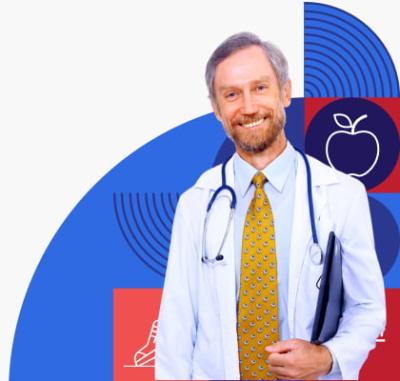Healthy Living
Drug Misuse and Substance Use Disorder: Conversation Starters

Drug misuse is when a person uses drugs to get high or uses them differently than you’re supposed to. This includes illegal drugs (like heroin or cocaine), prescription drugs, and over-the-counter (OTC) drugs. Drug misuse can lead to a mental health condition called substance use disorder — when a person continues to use drugs despite negative effects on their health, activities, and relationships. Having substance use disorder makes it very hard for a person to stop using drugs.
It can be hard to talk to someone you love about drug misuse or substance use disorder. But having a conversation about getting help can make a big difference. Use these tips to get started.
Be honest about how you feel.
You can say:
- “You’re very important to me.”
- “I’m worried about your drug use. It puts you at risk for an overdose, which can be very dangerous.”
- “Your drug use is affecting our relationship.”
Remind them things can get better.
You can say:
- “Millions of people struggle with drug use — it’s nothing to be ashamed of. You're not alone.”
- “Dealing with drug misuse is hard, but it’s possible. Many people have stopped using drugs, and you can be one of them.”
- “Substance use disorder is an illness, and you can get treatment for it.”
- “There are different ways to treat drug misuse and substance use disorder, including medicine, talk therapy, or both.”
Offer to help.
You can say:
- “To get treatment for drug misuse or substance use disorder, you can make an appointment with your doctor. Or I can help you find someone else to talk to, like a therapist or social worker.”
- “There are support groups for people who misuse drugs — I can help you find one.”
- “I’m here for you. You can call or text me at any time if you need support — or if you just want to talk.”
You can also check out this resource to get support.
Content last updated January 27, 2026
Reviewer Information
This information on drug misuse is adapted from material from the United States Preventive Services Task Force and the National Institute on Drug Abuse.
Reviewed by:
Jessica Cotto
Health Science Policy Analyst
Office of Science Policy and Communications (OSPC)
National Institute on Drug Abuse (NIDA)


